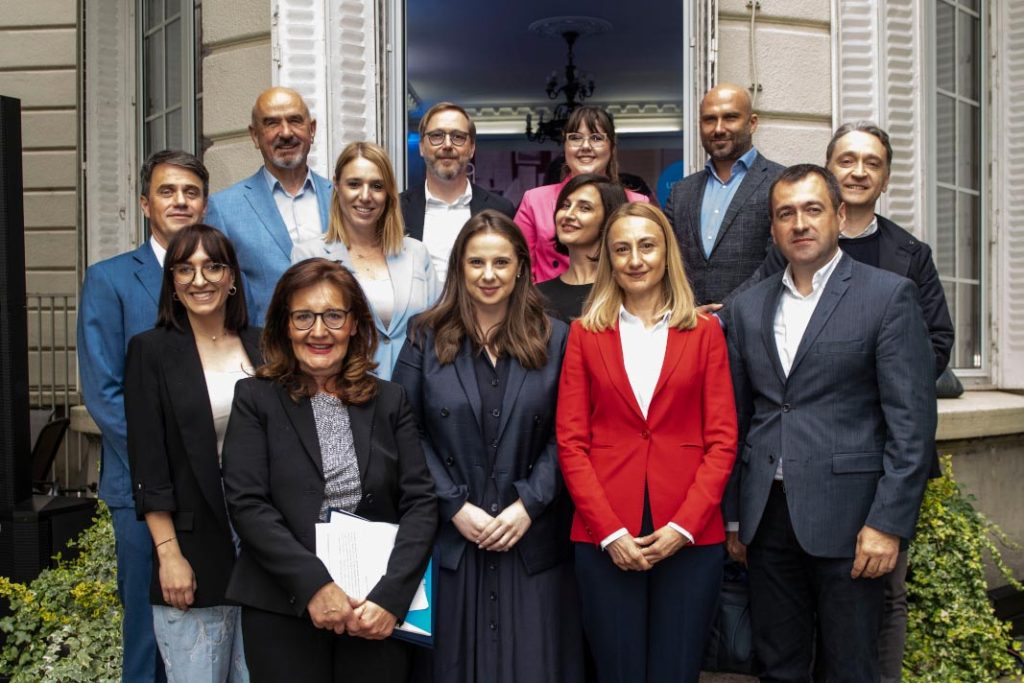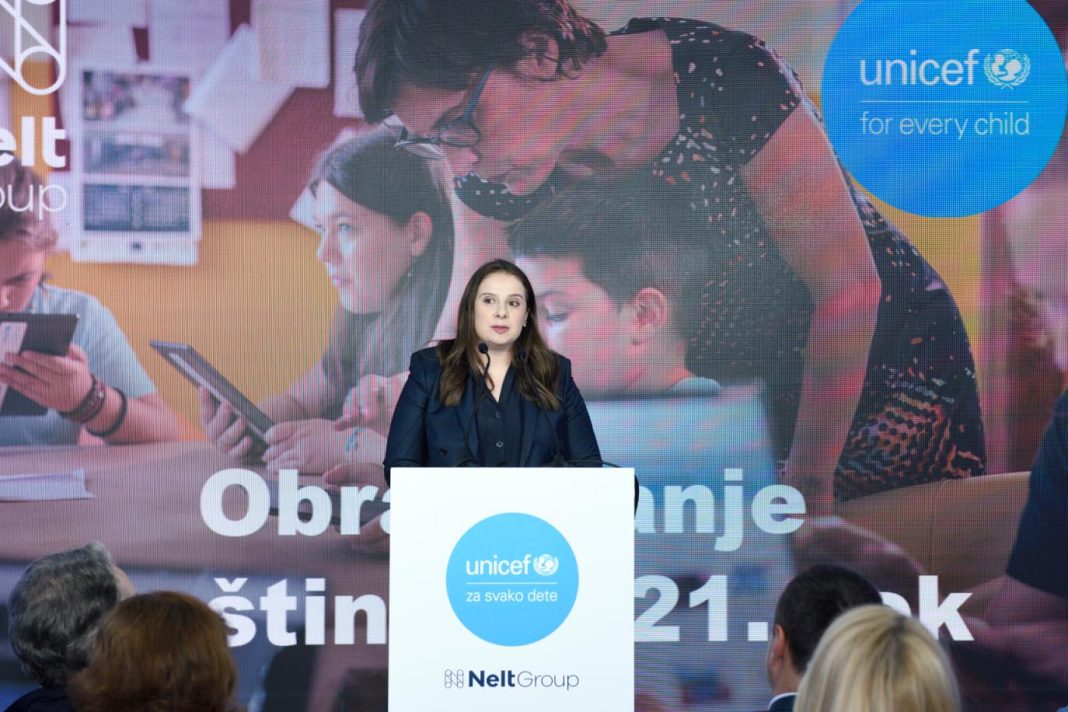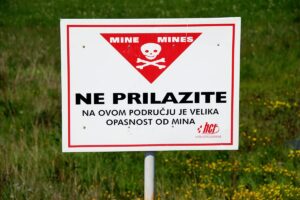The initiative targets schools with high numbers of vulnerable students, aiming to strengthen digital and green skills, boost creativity and teamwork, and align education with future job market demands.

In Serbia, 15,000 students across 30 schools are developing 21st-century skills like critical thinking and collaboration, supported by STEM kits, school leadership training, and redesigned extracurricular clubs. North Macedonia is integrating climate education into vocational schools, with revised curricula, 16 new institutional partnerships, and mentor training for 120 educators.
In Bosnia and Herzegovina, 25 schools are repurposing e-waste for STEM learning, reaching 100 schools through teacher training and digital content, with strong backing from the IT Girls initiative and a newly formed national body for digital transformation in education.
Nelt and UNICEF plan to expand this model to Angola in 2026, underscoring the growing role of private-public alliances in shaping inclusive, future-ready education systems.







